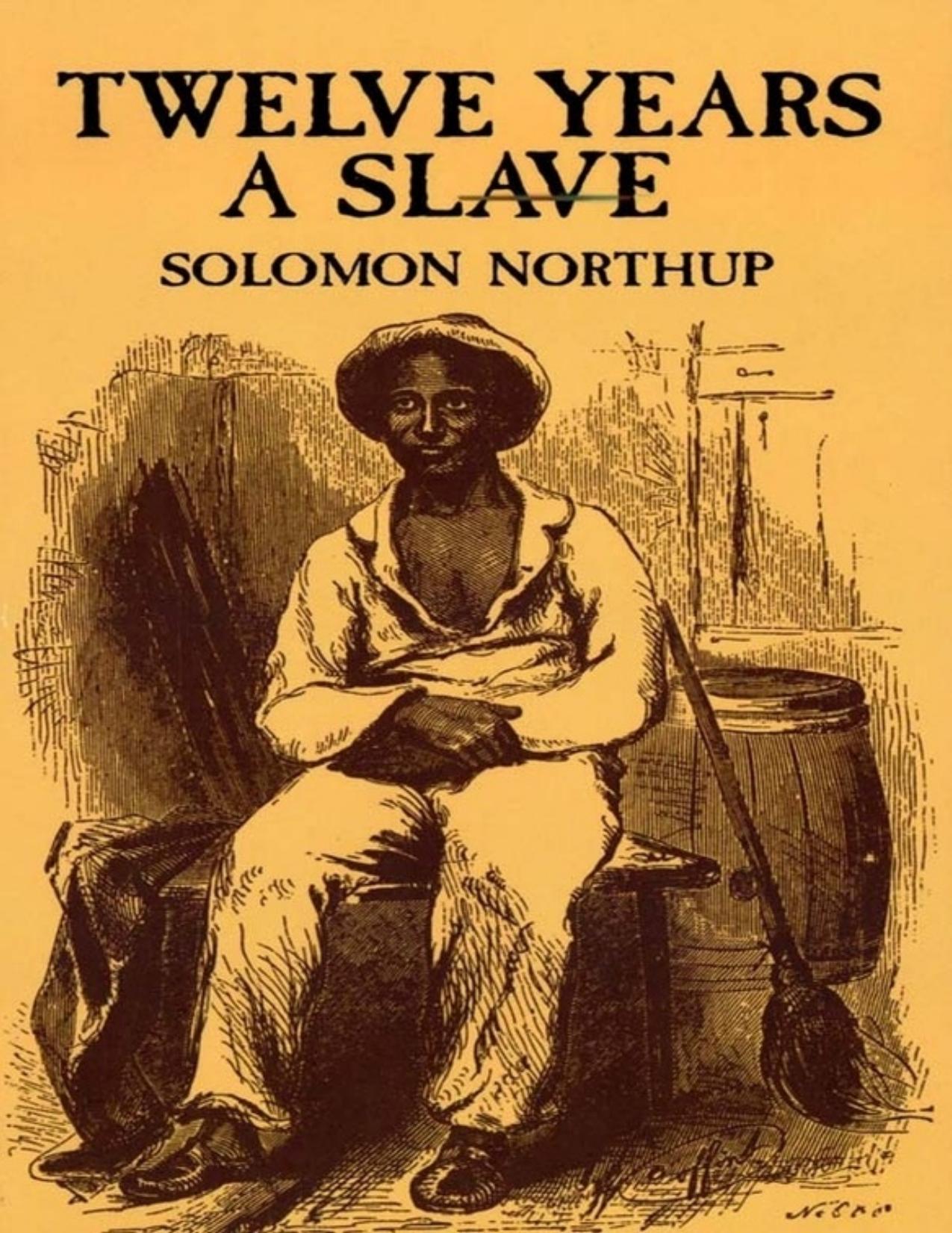Twelve Years a Slave by Solomon Northup

Author:Solomon Northup [Northup, Solomon]
Language: eng
Format: epub, mobi, azw3, pdf
ISBN: 9780486130699
Publisher: Dover Publications
Published: 2012-10-05T16:00:00+00:00
THE first year of Epps’ residence on the bayou, 1845, the caterpillars almost totally destroyed the cotton crop throughout that region. There was little to be done, so that the slaves were necessarily idle half the time. However, there came a rumor to Bayou Bœuf that wages were high, and laborers in great demand on the sugar plantations in St. Mary’s parish. This parish is situated on the coast of the Gulf of Mexico, about one hundred and forty miles from Avoyelles. The Rio Teche, a considerable stream, flows through St. Mary’s to the gulf.
It was determined by the planters, on the receipt of this intelligence, to make up a drove of slaves to be sent down to Tuckapaw in St. Mary’s, for the purpose of hiring them out in the cane fields. Accordingly, in the month of September, there were one hundred and forty-seven collected at Holmesville, Abram, Bob and myself among the number. Of these about one-half were women. Epps, Alonson Pierce, Henry Toler, and Addison Roberts, were the white men, selected to accompany, and take charge of the drove. They had a two-horse carriage and two saddle horses for their use. A large wagon, drawn by four horses, and driven by John, a boy belonging to Mr. Roberts, carried the blankets and provisions.
About 2 o’clock in the afternoon, having been fed, preparations were made to depart. The duty assigned me was, to take charge of the blankets and provisions, and see that none were lost by the way. The carriage proceeded in advance, the wagon following; behind this the slaves were arranged, while the two horsemen brought up the rear, and in this order the procession moved out of Holmesville.
That night we reached a Mr. McCrow’s plantation, a distance of ten or fifteen miles, when we were ordered to halt. Large fires were built, and each one spreading his blanket on the ground, laid down upon it. The white men lodged in the great house. An hour before day we were aroused by the drivers coming among us, cracking their whips and ordering us to arise. Then the blankets were rolled up, and being severally delivered to me and deposited in the wagon, the procession set forth again.
The following night it rained violently. We were all drenched, our clothes saturated with mud and water. Reaching an open shed, formerly a gin-house, we found beneath it such shelter as it afforded. There was not room for all of us to lay down. There we remained, huddled together, through the night, continuing our march, as usual, in the morning. During the journey we were fed twice a day, boiling our bacon and baking our corn-cake at the fires in the same manner as in our huts. We passed through Lafayetteville, Mountsville, New-Town, to Centreville, where Bob and Uncle Abram were hired. Our number decreased as we advanced—nearly every sugar plantation requiring the services of one or more.
On our route we passed the Grand Coteau or prairie, a vast space
Download
Twelve Years a Slave by Solomon Northup.mobi
Twelve Years a Slave by Solomon Northup.azw3
Twelve Years a Slave by Solomon Northup.pdf
This site does not store any files on its server. We only index and link to content provided by other sites. Please contact the content providers to delete copyright contents if any and email us, we'll remove relevant links or contents immediately.
| General | Discrimination & Racism |
Nudge - Improving Decisions about Health, Wealth, and Happiness by Thaler Sunstein(7706)
The Fire Next Time by James Baldwin(5444)
iGen by Jean M. Twenge(5415)
Adulting by Kelly Williams Brown(4574)
The Sports Rules Book by Human Kinetics(4386)
The Hacking of the American Mind by Robert H. Lustig(4382)
The Ethical Slut by Janet W. Hardy(4251)
Captivate by Vanessa Van Edwards(3839)
Mummy Knew by Lisa James(3691)
In a Sunburned Country by Bill Bryson(3542)
The Worm at the Core by Sheldon Solomon(3487)
Ants Among Elephants by Sujatha Gidla(3467)
The 48 laws of power by Robert Greene & Joost Elffers(3291)
Suicide: A Study in Sociology by Emile Durkheim(3022)
The Slow Fix: Solve Problems, Work Smarter, and Live Better In a World Addicted to Speed by Carl Honore(3009)
The Tipping Point by Malcolm Gladwell(2921)
Humans of New York by Brandon Stanton(2873)
Get What's Yours for Medicare: Maximize Your Coverage, Minimize Your Costs by Philip Moeller(2729)
Handbook of Forensic Sociology and Psychology by Stephen J. Morewitz & Mark L. Goldstein(2705)
